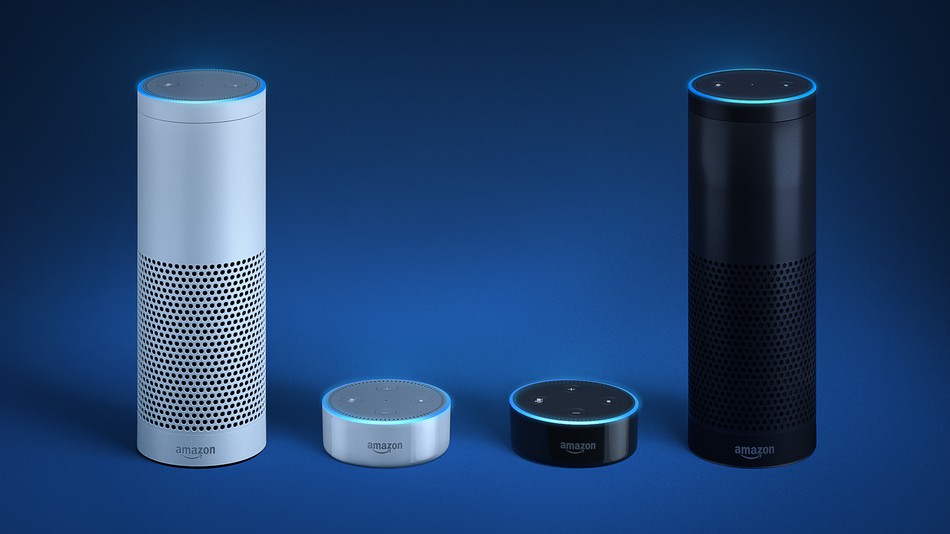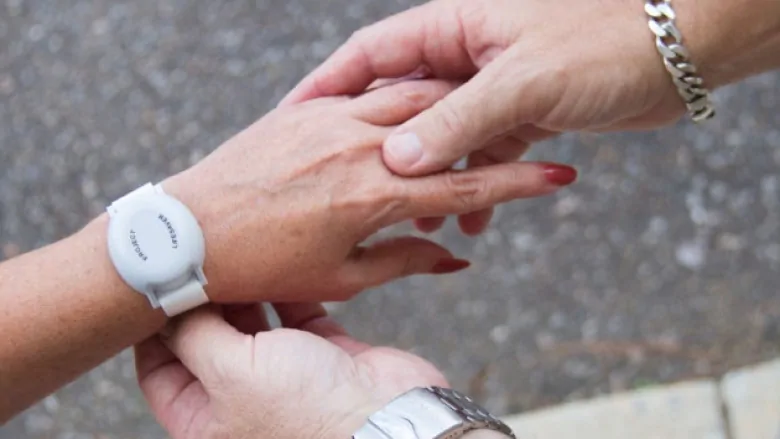 Technology has become an integral part of life for every generation, and seniors are no exception. In fact, technology for seniors has become a specialty for innovators and seniors are embracing it more than ever.
Technology has become an integral part of life for every generation, and seniors are no exception. In fact, technology for seniors has become a specialty for innovators and seniors are embracing it more than ever.
According to the Pew Research Center, 67 percent of Baby Boomers and 30 percent of the Silent Generation (those born before 1945) own smartphones. Tablet popularity continues to rise, with Boomer use up from 34 percent in 2013 to 54 percent in 2018, and Silent Generation use up from 17 percent to 25 percent. Accordingly, social media use is also on the rise, up from 40 percent in 2012 to 57 percent in 2018 for Boomers and from 15 percent to 23 percent for the Silent Generation.
As technology use increases among seniors, so to do the options available to them for everything from health and safety to connecting with friends and family to entertainment. Take a look at some of these fun and helpful innovations for you or a senior in your life.
Smart Speakers.

Among the hottest tech tools are smart speakers like AppleHomePod (Siri), Google Home (Google) and Amazon Echo Dot (Alexa). These tiny voice-activated speakers can do things as simple as turning on and off lights to playing music on command. They also integrate with other technology like smart home appliances and devices like televisions, smartphones and video doorbells. They can also provide reminders for appointments, medicine and bill paying. PC magazine’s article, “The Best Smart Speakers for 2019,” takes a close look at the options available to help you choose the best one for your home and lifestyle.
Medication reminders.
If taking medicine at the right time is a problem there are several apps that can help. These apps not only remind you when to take your medication, but they also help you ensure you don’t accidentally take more than the prescribed dosage and can let you track and share your medication information. Medicare.org takes a good look at the “5 Best Pill Reminder Apps,” that are compliant under the Health Insurance Portability and Accountability Act (HIPAA).
Brain training.
For anyone wanting “cognitive stimulation,” Lumosity offers more than 60 games designed to strengthen different cognitive skills like memory and focus. There are also apps designed for people with Alzheimer’s or dementia to help them slow their disease progression. Check out Interesting Engineering’s article “8 Great Apps for Dementia and Alzheimer's Patients and Their Families,” for a look at some of the latest games available.
Wear it.

When you think about wearable technology, you probably imagine high-tech watches that monitor steps taken and blood pressure, and let you get your email on the run. Well, today’s wearable tech offers even more including fall detection, ECG capabilities, and heart rate detection. If wandering or memory problems are a concern, wearable tracking devices offer peace of mind to you and safety for your loved one. Some devices also provide automatic messaging when someone leaves a predetermined safe area, and phone and SOS buttons. Caringvillage.com provides a detailed review of 10 top products to help you decide which is best for you.
Don’t lose it.
We have all misplaced our car keys, our cell phones, even our cars in a parking lot, but technology has come to the rescue! Thanks to GPS (global positioning systems), radio frequency tracking and Bluetooth, there are a number of devices available to help us find our smaller lost items. The techlicious.com blog, “These Device Trackers Help You Find Your Wallet, Keys and Smartphone” explain how they work and their capabilities. For finding your car, there are several apps available for both Android and iOS. These are especially useful in large lots like stadiums and malls, but also when traveling in unfamiliar cities. Some can also help you locate parking spots.
Relax and enjoy.
Not all apps are designed to overcome life’s hurdles; many are just meant to help you get more fun out of life. If reading is your thing, but your eyes aren’t what they used to be, consider audio books like those on LibriVox, which are free and in the public domain or try the subscription service Audible.com. Staying in touch with those you love has never been easier — or more fun — thanks to apps like Skype and FaceTime (for Apple devices) that not only let you talk, but also see who you’re talking to.
Another really exciting technological gift for seniors is virtual reality. Even those who can no longer enjoy going to large family functions or traveling can let virtual reality take them there. For dementia patients, virtual reality can help them reconnect with the world by showing them images from their lives that bring comfort. You can learn more about virtual reality for seniors in the AARP blog, “Virtual Reality Used to Combat Isolation and Improve Health.”
It’s never too late to put technology to work to help seniors get more out of life and stay safe and healthy. The more you use technology, the better you understand it and the easier it becomes. You might even wonder how you ever lived without it.

